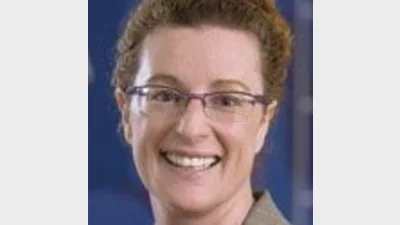Tax Bill restricts access to advice: FPA



Jo-Anne Bloch
Proposed legislative changes under the Tax Agent Services Bill could restrict financial planners from providing advice on certain taxation issues, thereby restricting consumer access to advice, according to the Financial Planning Association (FPA).
The draft Bill requires planners to undergo additional registration and training to become registered tax agents to provide even very straightforward financial planning advice, such as salary packaging, tax deductibility of super contributions, co-contribution eligibility and lump sum death benefit provisions.
FPA chief executive officer Jo-Anne Bloch said the additional compliance costs would ultimately be borne by the end consumer and that taxation was a fundamental part of the financial planning process.
“A financial planner must take into account the consumer’s individual circumstances and financial position, including tax implications, in order to provide adequate and appropriate advice which helps the consumer make informed financial decisions,” she said.
According to Bloch, the Bill was inconsistent with the Government’s agenda for deregulation and the provision of affordable advice.
The FPA has made a submission to the Treasury recommending that the draft Bill be amended to ensure the principles relating to financial planning advice in the current regime are maintained.
Recommended for you
The top five licensees are demonstrating a “strong recovery” from losses in the first half of the year, and the gap is narrowing between their respective adviser numbers.
With many advisers preparing to retire or sell up, business advisory firm Business Health believes advisers need to take a proactive approach to informing their clients of succession plans.
Retirement commentators have flagged that almost a third of Australians over 50 are unprepared for the longevity of retirement and are falling behind APAC peers in their preparations and advice engagement.
As private markets continue to garner investor interest, Netwealth’s series of private market reports have revealed how much advisers and wealth managers are allocating, as well as a growing attraction to evergreen funds.











